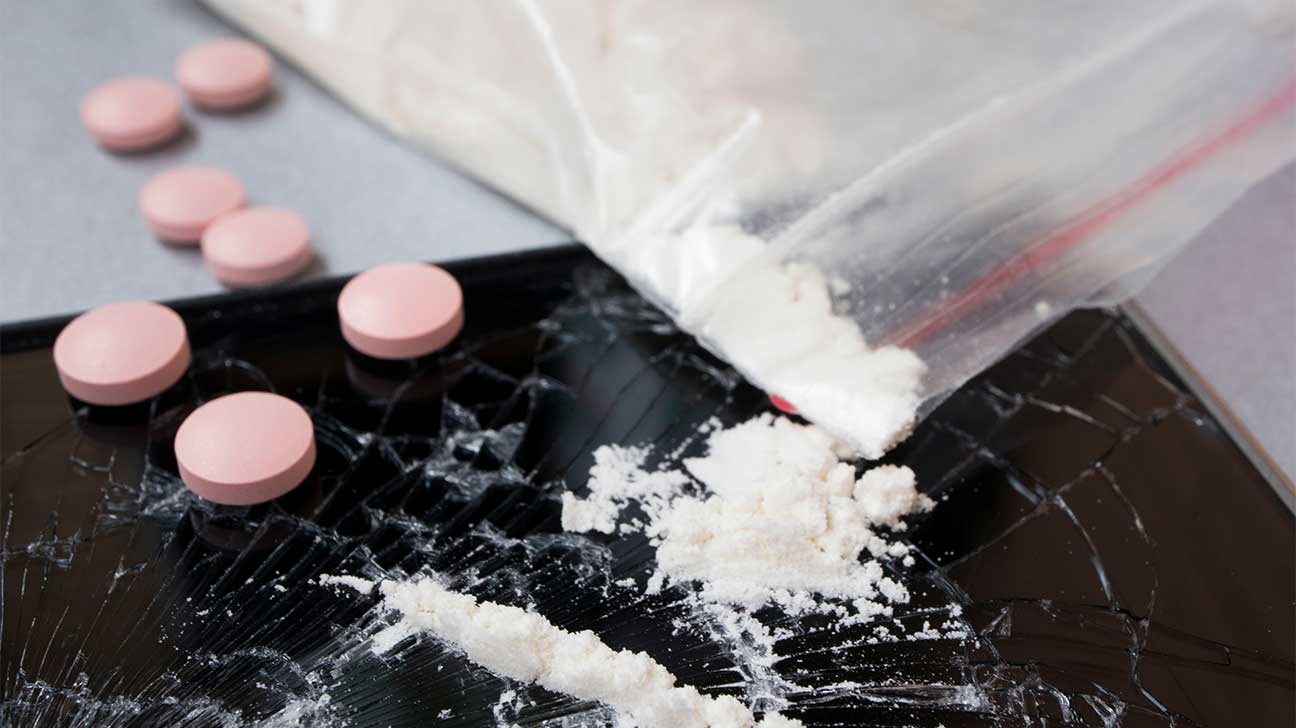Side Effects & Dangers Of Snorting Ritalin (Methylphenidate)
Snorting Ritalin is a dangerous form of drug abuse that can cause an enhanced wakefulness. Additionally, snorting Ritalin may increase your risk of overdose and other health issues.

Ritalin, the brand name for methylphenidate, is a prescription stimulant drug and Schedule II controlled substance with high potential for abuse and psychological or physical dependence.
Because of the habit-forming aspect of Ritalin abuse, some may turn to snorting the drug to achieve a greater “high.”
The prescription drug is available as immediate-release or extended-release tablets used to help treat symptoms of attention deficit hyperactivity disorder (ADHD). In addition to this ADHD medication, Ritalin can be used to help those with sleeping disorders such as narcolepsy.
Unfortunately, those suffering from drug addiction may participate in prescription stimulant insufflation. This type of Ritalin use may cause serious side effects and pose danger to your health due to the drug’s effects.
Side Effects Of Snorting Ritalin
When this prescription medication is snorted, the drug enters the bloodstream much more quickly than oral ingestion.
Similar to Adderall and Concerta, Ritalin is a central nervous system stimulant (CNS) that increases the neurotransmitters dopamine and norepinephrine in the brain. When abused, such as being snorted, it creates an enhanced wakefulness.
Increased Side Effects
Some of the short-term side effects of Ritalin can become severe when the drug is abused, including:
- headache
- loss of appetite
- sleeping problems
- dry mouth
- blurred vision
- mood swings
- weight loss
Health Risks
In addition to these effects, snorting Ritalin creates more serious side effects and health risks that can include:
- damage to the nasal passageways
- damage to lung health
- increased risk of Ritalin overdose
- fluctuations in heart rate and blood pressure
- increased risk of disease
- withdrawal symptoms
Dangers Of Snorting Ritalin
Life-threatening health problems can occur when Ritalin is snorted.
Nasal Cartilage Damage
Snorting Ritalin is a harsh substance entering the nasal cavity. Through insufflation, the body receives a high dose of the drug.
When snorted, the substance can create damage such as:
- frequent nosebleeds
- irritation of the nasal mucous membranes
- loss of smell
- chronic sinusitis
- the development of a deviated septum
- bacterial infections
Risk Of Disease
To snort the tablet, it must first be crushed into a powder. Some use paraphernalia such as straws to snort Ritalin.
Due to the damage to mucous membranes and potential nosebleeds, bodily fluids can inadvertently be swapped if paraphernalia is shared. This may result in diseases such as hepatitis C or HIV.
Ritalin Withdrawal Symptoms
Withdrawal symptoms may become more severe due to prescription drug abuse. The United States Food and Drug Administration (FDA) states symptoms of Ritalin withdrawal can include:
- cravings for the drug
- drowsiness
- weight gain
- mental health problems including suicidal thoughts
- sleeping problems
Ritalin Overdose
Those who snort Ritalin are taking higher doses of the drug which can greatly increase the risk of overdose. Consuming Ritalin in large doses may lead to symptoms of an overdose such as:
- psychosis
- agitation
- convulsions
- heart palpitations or an irregular heartbeat which may lead to a heart attack
- loss of consciousness
- confusion
- sweating
- tremors
- sudden death
If a Ritalin overdose is suspected, seek urgent medical attention.
Ritalin Addiction Treatment
If you or a loved one are struggling with substance abuse, an accredited treatment center can help to end your drug use and jumpstart your road to recovery. At Ohio Recovery Center, we provide various treatment options such as:
To speak with one of our healthcare representatives and learn more about the treatment programs we provide, please contact us today.
- Drug Enforcement Administration https://www.deadiversion.usdoj.gov/drug_chem_info/methylphenidate.pdf
- Food and Drug Administration https://www.accessdata.fda.gov/drugsatfda_docs/label/2013/010187s077lbl.pdf
- National Institute on Drug Abuse https://nida.nih.gov/sites/default/files/drugfacts_stimulantadhd_1.pdf
- National Library of Medicine: MedlinePlus https://medlineplus.gov/druginfo/meds/a682188.html
- National Library of Medicine: StatPearls https://www.ncbi.nlm.nih.gov/books/NBK482451/
- The Primary Care Companion to the Journal of Clinical Psychiatry https://www.ncbi.nlm.nih.gov/pmc/articles/PMC181133/

